Notion of "unique cases" explored
<a href="http://www.b92.net/eng/news/world-article.php?yyyy=2008&mm=08&dd=11&nav_id=52608" class="text-link" target= "_blank">The war in Georgia</a> has prompted a number of politicians and analysts to seek similarities between this case and Kosovo.
Monday, 11.08.2008.
21:48

The war in Georgia has prompted a number of politicians and analysts to seek similarities between this case and Kosovo. The destruction and humanitarian disaster in Georgia's breakaway autonomous region of South Ossetia were directly inspired by the recognition of the unilaterally declared independence by Serbia's southern province, State Secretary of the Ministry for Kosovo and Metohija Oliver Ivanovic, G17 Plus, told the Belgrade daily Blic. Notion of "unique cases" explored “Had there not happened the 'Kosovo precedent,' as the world greatest powers, headed by the United States, justified the secession of one part of Serbia's territory, there would have been no war in South Ossetia,” Ivanovic believes. He told the newspaper in an interview published today that the issue of Kosovo was “educational and inspirational for South Ossetia, and they wanted to define their position,” adding that “Georgia tried to solve it with violence, as Serbia did in 1999”. “Just like in the case of Kosovo, the UN will again demonstrate a policy of double standards. The countries which have recognized Kosovo's independence are now looking for an argument by saying that Kosovo is a 'special case,' which is a complete nonsense." "Once you violate international law and fail to respect the sovereignty of a state, as was done with Kosovo, it is possible to use the same formula in any other situation,” said Ivanovic. Meanwhile, Austria's daily Oberoesterreichische Nachrichten said in an editorial that "with the independence of Kosovo, the international community has created a precedent which is now being reflected on Georgia" “The West likes to see itself in the role of a peacekeeper. In Georgia's case, Western politicians also competed by making nice peacemaking appeals,” the daily criticizes, adding that the West was the one who "made the situation in Georgia worse by sending ambiguous messages". NATO's prerequisite for Georgia's accession was to finally resolve the conflicts in its territory. No wonder the Georgian president felt it was his obligation to reclaim South Ossetia and Abkhazia, the daily underscored. “The international community has created a precedent with Kosovo's independence. Why shouldn't the citizens of South Ossetia and Abkhazia demand their right to secession?” the daily asked. Russian political scientist Boris Smelov told Belgrade's Vecernje Novosti today that "the same scenario used in Croatia with Operation Storm was repeated in South Ossetia". “Croatian soldiers displayed previously unseen brutality, killing a large number of civilians, but the West pretended they did not see this. Georgians did the same now, using heavy artillery and Grad rocket systems. The difference is that Milosevic did absolutely nothing to help the Serbs in Krajina, while Russia's leadership issued a command to its army to enter South Ossetia. The Black Sea Fleet has also entered the territorial waters of Abkhazia,” said Smelov. This analyst evaluated that "Serbs had missed the opportunity to, among other things, divide Kosovo because their leadership was indecisive". “They did not want to run afoul of the Americans, above all, and then of West European countries, because they wanted to join the EU,” said Smelov. At the same time, the former UN human rights rapporteur and Czech foreign minister, Jiri Dienstbier, said that the West has no means of pressuring Russia into ending the conflict in Georgia, because Moscow has a strong trump card: the fact the West is imposing recognition of Kosovo, Radio Deutsche Welle reported. The Czech diplomat also warned, in a commentary in Prague's daily Pravo, that in the Caucasus, just as in the Balkans, dwelling on historical circumstances "makes little sense". "The Balkans and the Caucasus have this in common: both are regions where local peoples' disputes have been settled by big powers, who drew borders according to own needs, or, sometimes, according to the wars that they led there," Dienstbier writes. As Kosovo Albanians' unilaterally declared secession, South Ossetia and Abkhazia were convinced not to stay within Georgia's borders, he concluded.
Notion of "unique cases" explored
“Had there not happened the 'Kosovo precedent,' as the world greatest powers, headed by the United States, justified the secession of one part of Serbia's territory, there would have been no war in South Ossetia,” Ivanović believes.He told the newspaper in an interview published today that the issue of Kosovo was “educational and inspirational for South Ossetia, and they wanted to define their position,” adding that “Georgia tried to solve it with violence, as Serbia did in 1999”.
“Just like in the case of Kosovo, the UN will again demonstrate a policy of double standards. The countries which have recognized Kosovo's independence are now looking for an argument by saying that Kosovo is a 'special case,' which is a complete nonsense."
"Once you violate international law and fail to respect the sovereignty of a state, as was done with Kosovo, it is possible to use the same formula in any other situation,” said Ivanović.
Meanwhile, Austria's daily Oberoesterreichische Nachrichten said in an editorial that "with the independence of Kosovo, the international community has created a precedent which is now being reflected on Georgia"
“The West likes to see itself in the role of a peacekeeper. In Georgia's case, Western politicians also competed by making nice peacemaking appeals,” the daily criticizes, adding that the West was the one who "made the situation in Georgia worse by sending ambiguous messages".
NATO's prerequisite for Georgia's accession was to finally resolve the conflicts in its territory. No wonder the Georgian president felt it was his obligation to reclaim South Ossetia and Abkhazia, the daily underscored.
“The international community has created a precedent with Kosovo's independence. Why shouldn't the citizens of South Ossetia and Abkhazia demand their right to secession?” the daily asked.
Russian political scientist Boris Smelov told Belgrade's Večernje Novosti today that "the same scenario used in Croatia with Operation Storm was repeated in South Ossetia".
“Croatian soldiers displayed previously unseen brutality, killing a large number of civilians, but the West pretended they did not see this. Georgians did the same now, using heavy artillery and Grad rocket systems. The difference is that Milošević did absolutely nothing to help the Serbs in Krajina, while Russia's leadership issued a command to its army to enter South Ossetia. The Black Sea Fleet has also entered the territorial waters of Abkhazia,” said Smelov.
This analyst evaluated that "Serbs had missed the opportunity to, among other things, divide Kosovo because their leadership was indecisive".
“They did not want to run afoul of the Americans, above all, and then of West European countries, because they wanted to join the EU,” said Smelov.
At the same time, the former UN human rights rapporteur and Czech foreign minister, Jiri Dienstbier, said that the West has no means of pressuring Russia into ending the conflict in Georgia, because Moscow has a strong trump card: the fact the West is imposing recognition of Kosovo, Radio Deutsche Welle reported.
The Czech diplomat also warned, in a commentary in Prague's daily Pravo, that in the Caucasus, just as in the Balkans, dwelling on historical circumstances "makes little sense".
"The Balkans and the Caucasus have this in common: both are regions where local peoples' disputes have been settled by big powers, who drew borders according to own needs, or, sometimes, according to the wars that they led there," Dienstbier writes.
As Kosovo Albanians' unilaterally declared secession, South Ossetia and Abkhazia were convinced not to stay within Georgia's borders, he concluded.






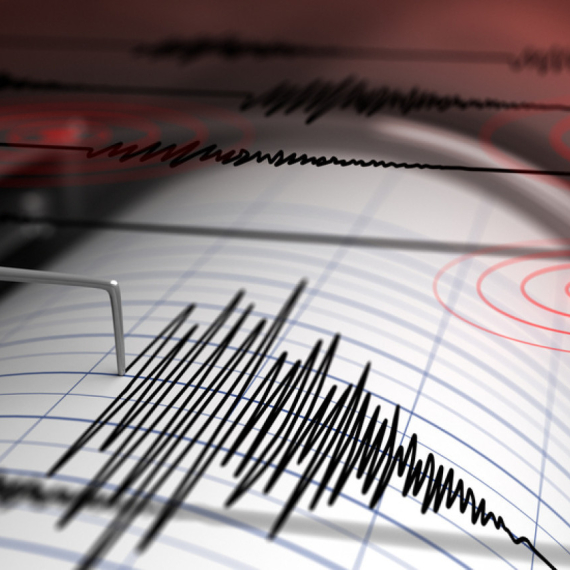



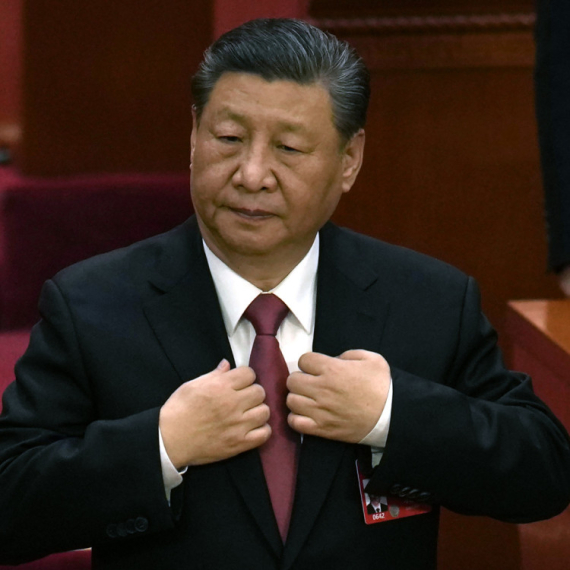
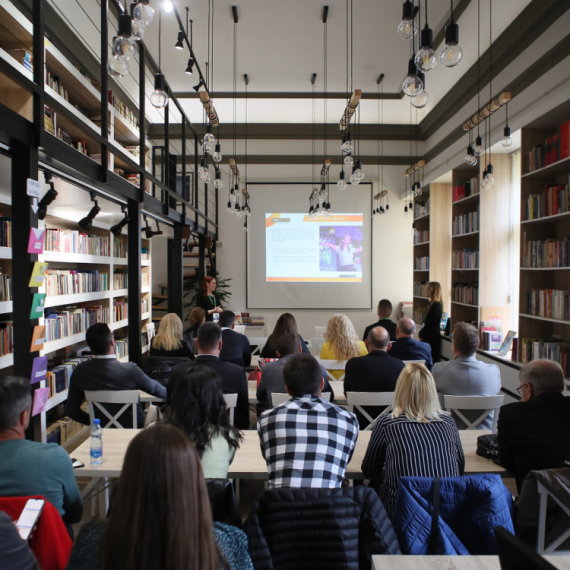
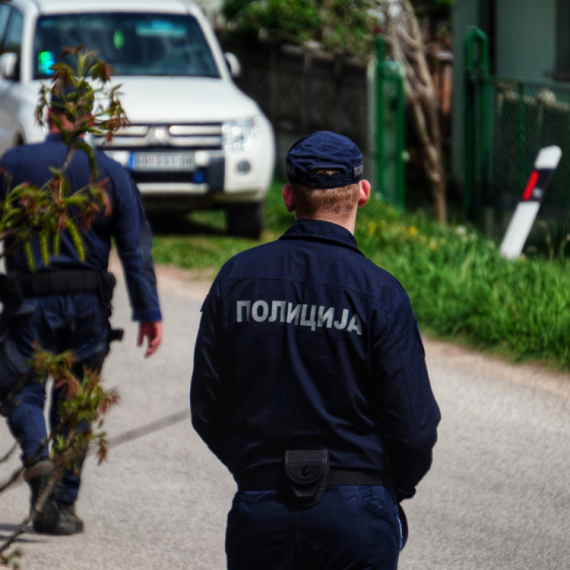



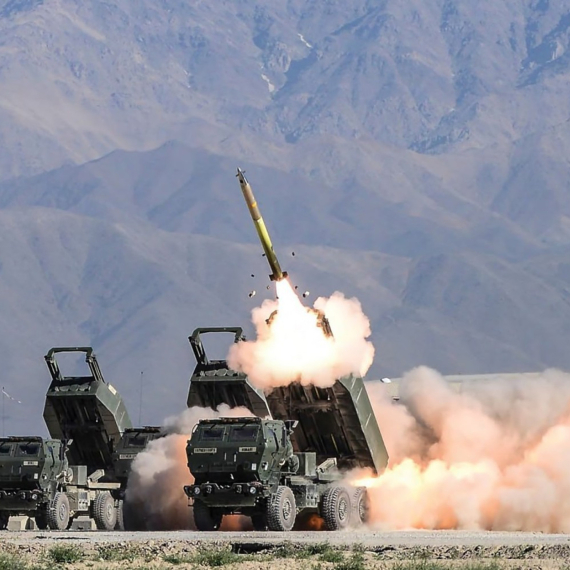
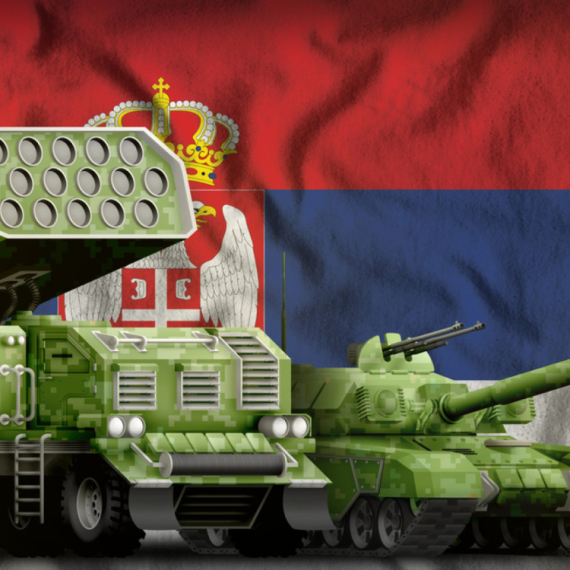
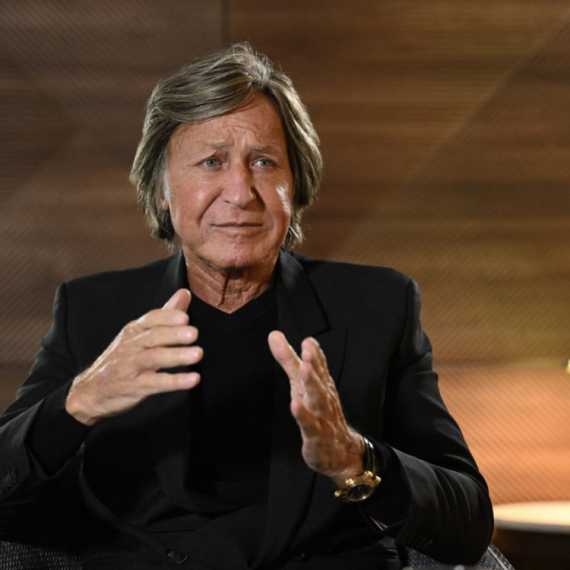
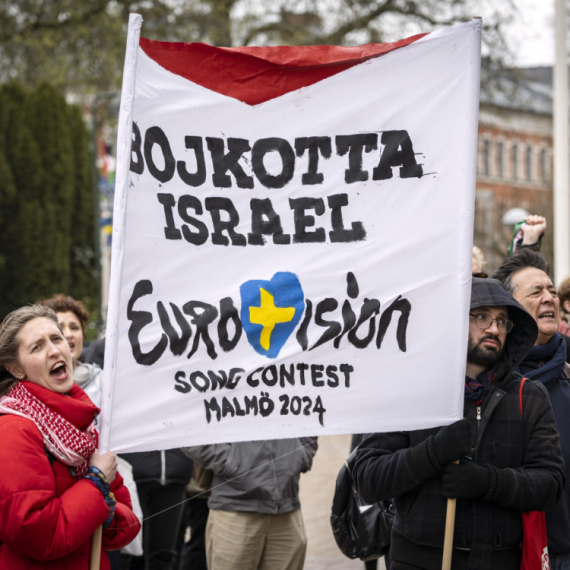
























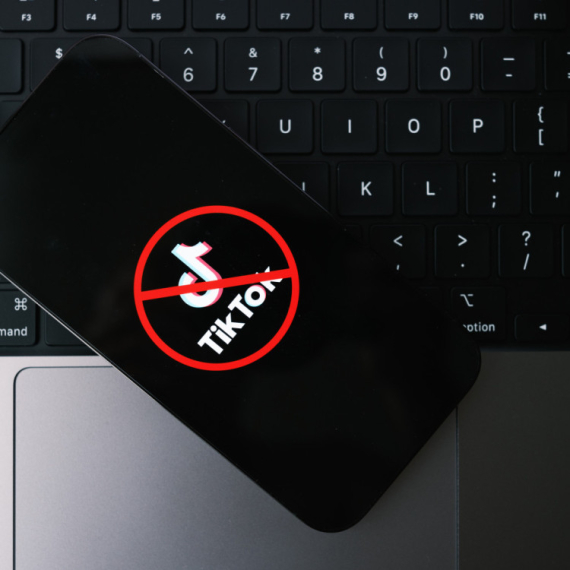








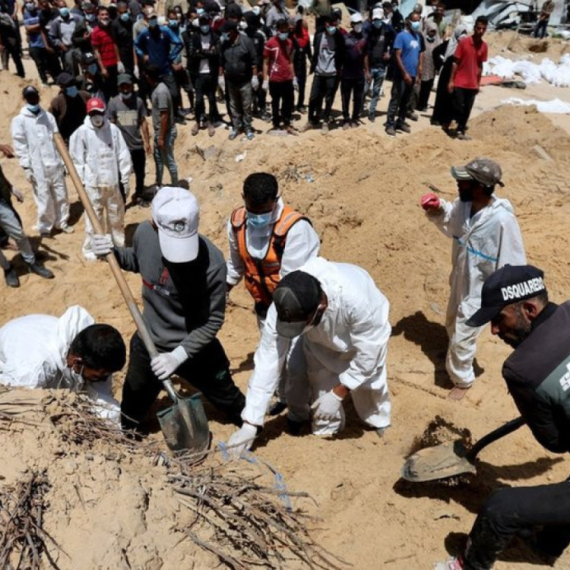




Komentari 12
Pogledaj komentare